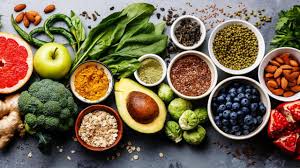Many people are concerned about chemical residues, contaminants, and microplastics in their food. However, fewer realize that various foods naturally contain toxins—chemical compounds that plants produce to defend against predators like insects and microorganisms. These substances, present in foods such as beans and potatoes, can potentially pose health risks.
A recent survey by the German Federal Institute for Risk Assessment (BfR) highlighted that only 47 percent of respondents were aware of naturally occurring plant toxins. Concerningly, 27 percent expressed worries about these toxins. In contrast, a majority—63 percent—were concerned about residues from plant protection products, while 62 percent worried about contaminants like heavy metals unintentionally present in food.
BfR President Professor Andreas Hensel noted, “The survey results indicate an underestimation of risks from natural sources and an overestimation of risks from synthetic sources.”
Regarding consumption habits, 34 percent frequently consume raw plant-based foods, 45 percent do so occasionally or rarely, and 19 percent very rarely or not at all.
When asked openly about foods containing naturally occurring plant toxins, respondents most commonly mentioned potatoes (15 percent), followed by tomatoes and raw beans (9 percent each), and mushrooms (5 percent).
The survey also revealed significant concerns about moldy food, with 25 percent of respondents admitting to only removing the moldy part of food like jam, despite the health risks posed by even small amounts of mold toxins.











